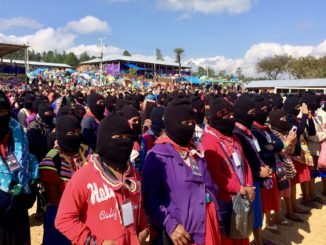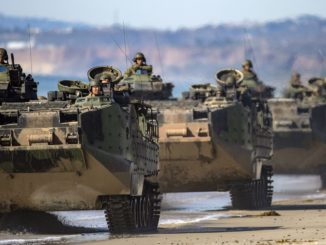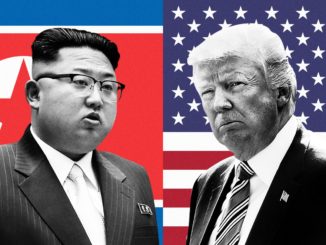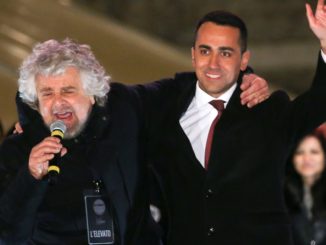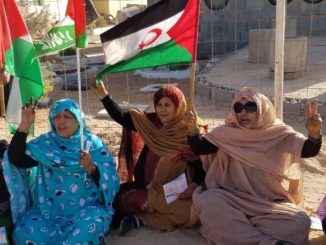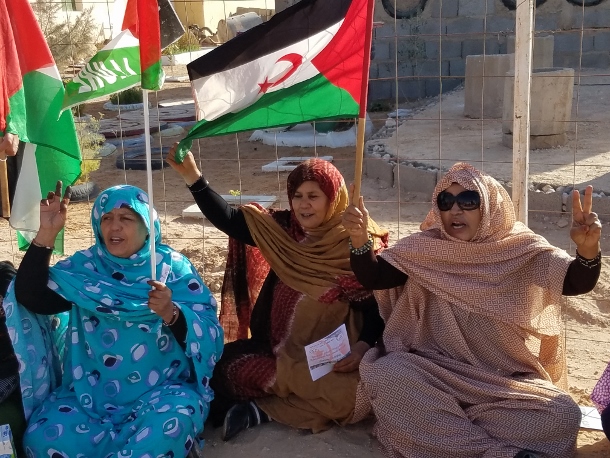
The Untold Story of My Lai
Source: The Nation
Fifty years ago this month, on March 16, 1968, two companies of US Army troops belonging to the Americal Division entered the My Lai and My Khe hamlets of Son My village, in Quang Ngai province, and killed 504 Vietnamese civilians—overwhelmingly women, children, and old men—in cold blood. The national press and political elites have long learned to treat the massacre as a tragedy that did not reflect official US policy. And ever since the Peers Commission report on My Lai was finally released to the public in November 1974 (the completed report had been transmitted to the Army chief of staff in March 1970), the press and public have believed that the commission, led by Lieut. Gen. William Peers, not only revealed the extent of the massacre but exposed the cover-up, implicating officers all the way up to the commander of the Americal Division, Gen. Samuel Koster.

